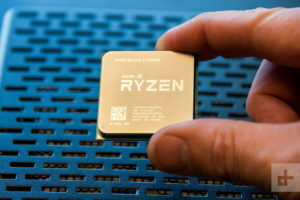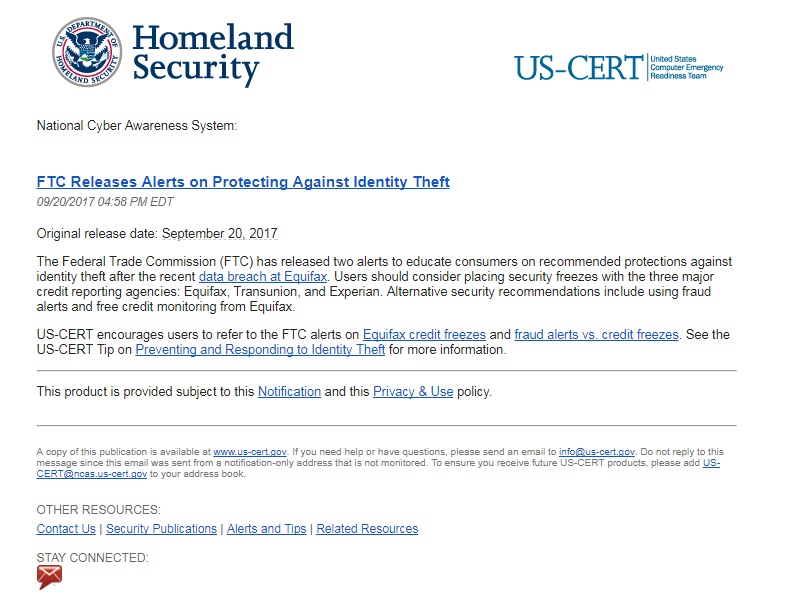Who cares about Net Neutrality? Why does it matter if companies get to do what they want. They own the networks right?
In a nutshell it’s all about being fair. Today every website in the world must be treated equally by your Internet Service Provider or (ISP). In other words Netflix gets the same priority and download speeds as Facebook or your aunt’s personal homepage about her cat, fluffy.
Without this rule your ISP can slow down a website, play your favorite movie in low resolution or even charge you extra money to go to Facebook, hulu etc…
They can even block websites so they can replace services you like with services that make them more money. Want to start paying extra for every google search or have to use comcast’s search engine instead? This can (and will) happen if these rules are repealed.
Own a small website that helps you get new clients? You might have to pay extra to be seen on Charter, Comcast or AT&T. And if you don’t pay up you could lose all your viewers and customers that use these providers because they will never even see you. This makes the hassle of Search engine optimization (SEO) seem like a walk in the park compared to what might be coming.
Imagine you own a non-profit and have to pay extra money to each ISP just to get the word out. Would that hurt the money you will have available for your cause? I would think so.
What if these ISP’s decide that a secure connection to your credit card or bank account (HTTPS) should be a “premium” service and you have to pay $5.00 each time you want to check your balance or pay for a Amazon purchase? What will happen if you have to pay $1.00 for every cat video on YouTube or $5.00 for each porn video (I know it’s your teenage son doing it)? Maybe 25 cents for each email you get from that Nigerian Prince? Without Net Neutrality the sky is the only limit.
Worse yet, what about your first amendment rights? You think if you post a negative review about comcast that they won’t have some kind of automated filtering system in place so none of their customers ever even see it? Without Net Neutrality they would have nothing stopping them from blocking what they wish.
What if the Koch brothers (or insert here villain of your choosing) payoff AT&T a billion bucks to block all Pro Democrat advertising or comments on their network. Or somebody blocks the NRA, Peta, Planned Parenthood? What if a woman was searching for birth control information and got redirected to the Catholic Church?
It matters not, right / left or anarchist . The things you care about and wish to support or learn more about could vanish at the press of the “enter” key tomorrow.
As much as these companies will wish to have you fall for the “we built” the network and it should be “free” from all regulation ideal. It’s just plain wrong, and we are being willfully misdirected on this subject.
The original network (ARPANET) was paid for with your tax dollars. The Universities that then expanded it were paid for with your money. And every major ISP has taken government money (aka, YOUR MONEY) to develop and expand it into the Internet we all rely on today. The US Air Force is in charge of cyber security of the countries networks. And guess who pays for the Air Force?
The Internet belongs to you and me and anybody that says different is trying to scam you.
If we lose this rule, everything we do on the net will become a premium service or you will have to buy a package like we already do for cable TV. And as most know first hand, these packages are seldom fair to the customer. It will turn into buying HBO and getting 25 crappy channels with it that you never watch. And then having to do the same thing to get Showtime. Just Replace HBO and Showtime with Netflix and Facebook and you get an idea of what may come.
If you don’t like what will happen without Net Neutrality, then you need to do something to keep the Internet the way you like and have grown to use it. Or it will all go away.
Sign the petition below and write or call your representatives, ASAP!
NET NEUTRALITY Petition to Congress




